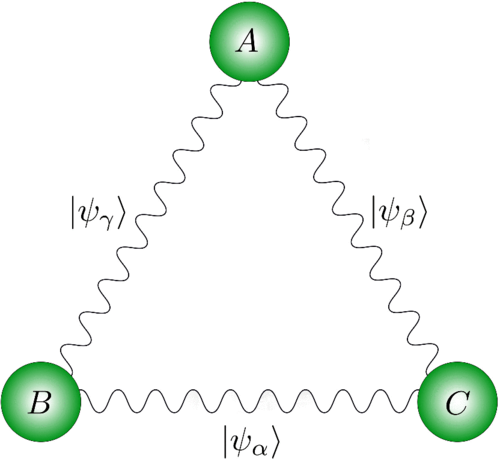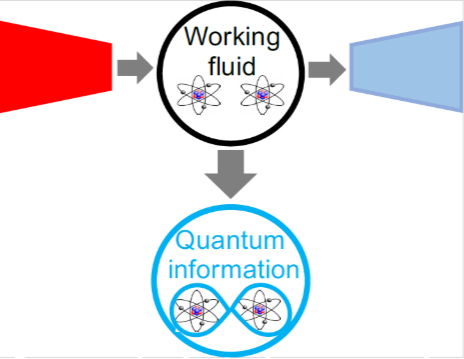Research

The concepts of entanglement and nonlocality are now recognized as defining features of quantum theory. Distant observers sharing a quantum system prepared in an entangled state, can establish strong correlations, which could provably not been achieved in any theory satisfying a natural constraint of locality. The theoretical and experimental explorations of quantum entanglement and nonlocality achieved tremendous progress in recent years.

Quantum thermodynamics aims at understanding the thermodynamic properties of quantum systems, and hence the interplay between two fundamental theories of physics. Given the strong connection between thermodynamics and the concept of information (e.g. Maxwell’s demon), it is not surprising to see that concepts and methods of quantum information are relevant in the context of quantum thermodynamics. For instance, based on entanglement theory, a resource theory of quantum thermodynamics was recently developed. From a more practical perspective, these studies are relevant as experiments with quantum systems are attaining regimes in which thermodynamical considerations cannot be ignored, and could potentially be used advantageously.

It was recently discovered that quantum information can be processed in a device-independent way. Specifically, it is possible to perform a protocol such as quantum cryptography, and to guarantee its security, based on experimental data only. That is, no assumptions about the internal working of the devices used in the protocol are required in this approach, therefore termed ‘device-independent’. This represents the ultimate form of security for quantum information processing, and appears as a promising solution for overcoming recent hacking attacks on commercial quantum cryptography devices. Conceptually, this approach also opens novel perspectives on the foundations of quantum theory, a clear understanding of which is still missing today.